Southern African Customs Union and Mozambique sign post-Brexit trade agreement with the United Kingdom
On Tuesday, the United Kingdom signed an economic partnership agreement with six African countries, including the five-country Southern African Customs Union (SACU) and Mozambique, that would take effect after the U.K.’s official exit from the European Union. SACU includes Botswana, eSwatini, Lesotho, Namibia, and South Africa. The agreement replicates the current rules governing trade with the EU. According to the U.K.’s International Trade Secretary, Liz Truss, “this trade agreement, once it is signed and takes effect, will allow businesses to keep trading after Brexit without any additional barriers.” The U.K. is South Africa’s fourth largest trading partner, and total U.K.-SACU trade was $12 billion in 2018.
Nigeria continues border closures to stop rice smuggling
Nigeria continues its border closure with Niger and Benin, stating that the closure is to prevent the widespread smuggling of rice, cooking oil, and related materials and instead encourage local production of the staple foods. On Thursday, Nigeria’s comptroller-general of customs, Hammed Ali, affirmed, that the borders will remain closed until its neighbors can respect its policies around importing food. Defending the move, President Muhammadu Buhari said, “The country has saved huge sums of money which would otherwise have been expended on importing rice using our scarce foreign reserves. We cannot allow smuggling of the product at such alarming proportions to continue.” Nigeria has been enacting policies to boost its local food production, as imports of rice and wheat cost the country around $4 billion per year. Meanwhile, in a recent editorial, The Guardian newspaper in Nigeria criticized the government for the move, arguing that the closure creates huge losses for small-time merchants heavily dependent on the cross-border trade.
Sudan cabinet sworn in and peace talks completed
On Sunday, September 8, Sudan swore in its first cabinet since the removal of its former president, Omar al-Bashir, from power in April. The 18-member cabinet, led by Prime Minister Abdallah Hambok, includes Sudan’s first female foreign minister. The government body, part of a power-sharing agreement between the military and pro-democracy protestors, is expected to manage the country’s affairs during the 39-month transitional period before elections. It will share governance with a joint military-civilian Sovereign Council and a legislative body during this period.
Following the swearing-in of the cabinet, on Wednesday, Sudan’s government and rebel leaders completed peace talks after three days of negotiations in Juba, South Sudan. The agreement reached during the talks aims to end ongoing conflicts in the Darfur, Blue Nile, and South Kordofan areas by the end of the year. Conflicts in these areas have occurred for decades, killing tens of thousands of people. The government stated that ending these conflicts is a key component of its plan for economic growth, as it will allow for a reduction in military spending, which currently comprises 80 percent of the national budget.
President Robert Mugabe of Zimbabwe passes away
Former president of Zimbabwe, Robert Mugabe, passed away on Friday, September 6 in Singapore at age 95. A controversial leader, Mugabe resigned from power in late 2017 under pressure from the military and protests to his 37-year rule. Seen as both a leader of African liberation as well as a harsh dictator whose policies led the country to economic hardship, Mugabe’s death has been met with mixed emotions across the globe, as well as intense mourning in Zimbabwe, including a stampede to see his body.
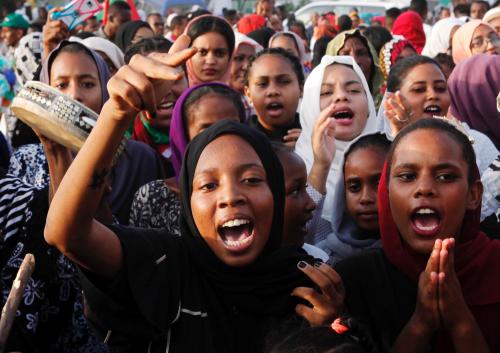
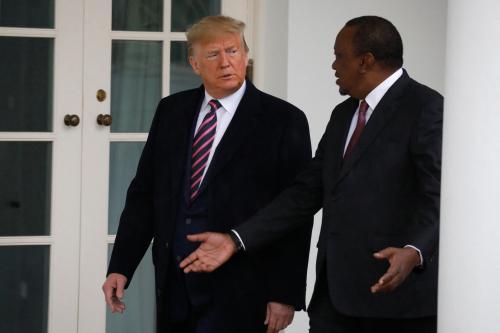

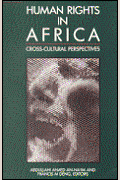
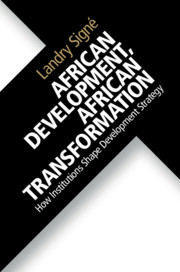
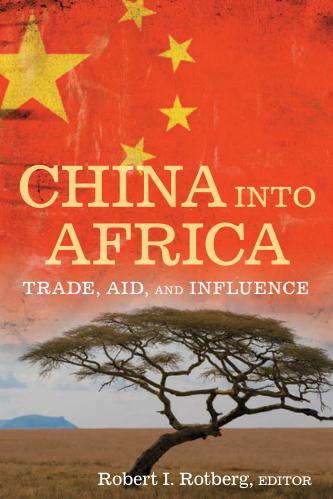




Commentary
Africa in the news: SACU-UK trade agreement, Nigeria’s border closures, and Sudan’s transitional government
September 14, 2019